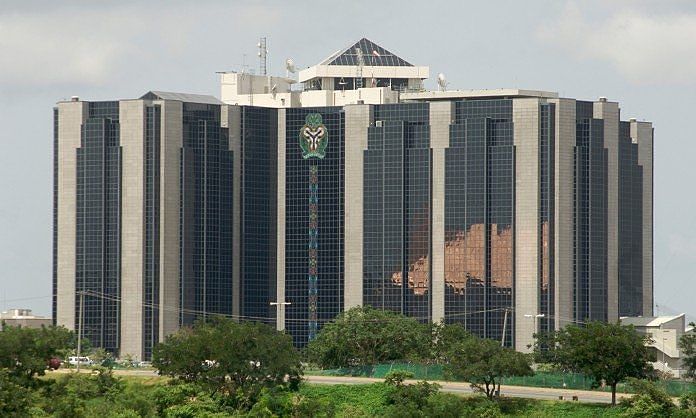Less than a day after reducing the rate, the Central Bank of Nigeria (CBN) increased the exchange rate used for calculating Customs duties at the country’s seaports by 1.4 percent on Saturday morning.
According to information from the official trade portal of the Nigeria Customs Service, the Customs duty rate has been adjusted upwards from N1,472.756 per dollar to N1,493.23 per dollar as of Saturday, February 17, 2024.
This adjustment represents a 1.4 percent rise in the Customs duty rate, resulting in an increase of N20.474 compared to the previous rate.
This move contradicts the directive from the House of Representatives, which called on the apex bank to maintain the Customs and excise duties exchange rate below N1,000 per dollar. The House proposed pegging the rate at N951.941 per dollar, believing that reducing the rate would stimulate activity in Nigerian ports, curb inflation, and enhance economic stability.
The decision to raise the Customs duty exchange rate means that importers will incur higher costs to clear their goods, as import duties are linked to the dollar.
The new rate aligns with the official CBN foreign exchange rate of N1,493.73 per dollar as of Saturday, February 15, 2024, as announced by Customs management.
Earlier this year, the Comptroller General of the Nigeria Customs Service (NCS), Adewale Adeniyi, stated that the Service would solely use the exchange rate from the official Central Bank window for clearing imported goods and would refrain from arbitrarily adjusting the exchange rate.
